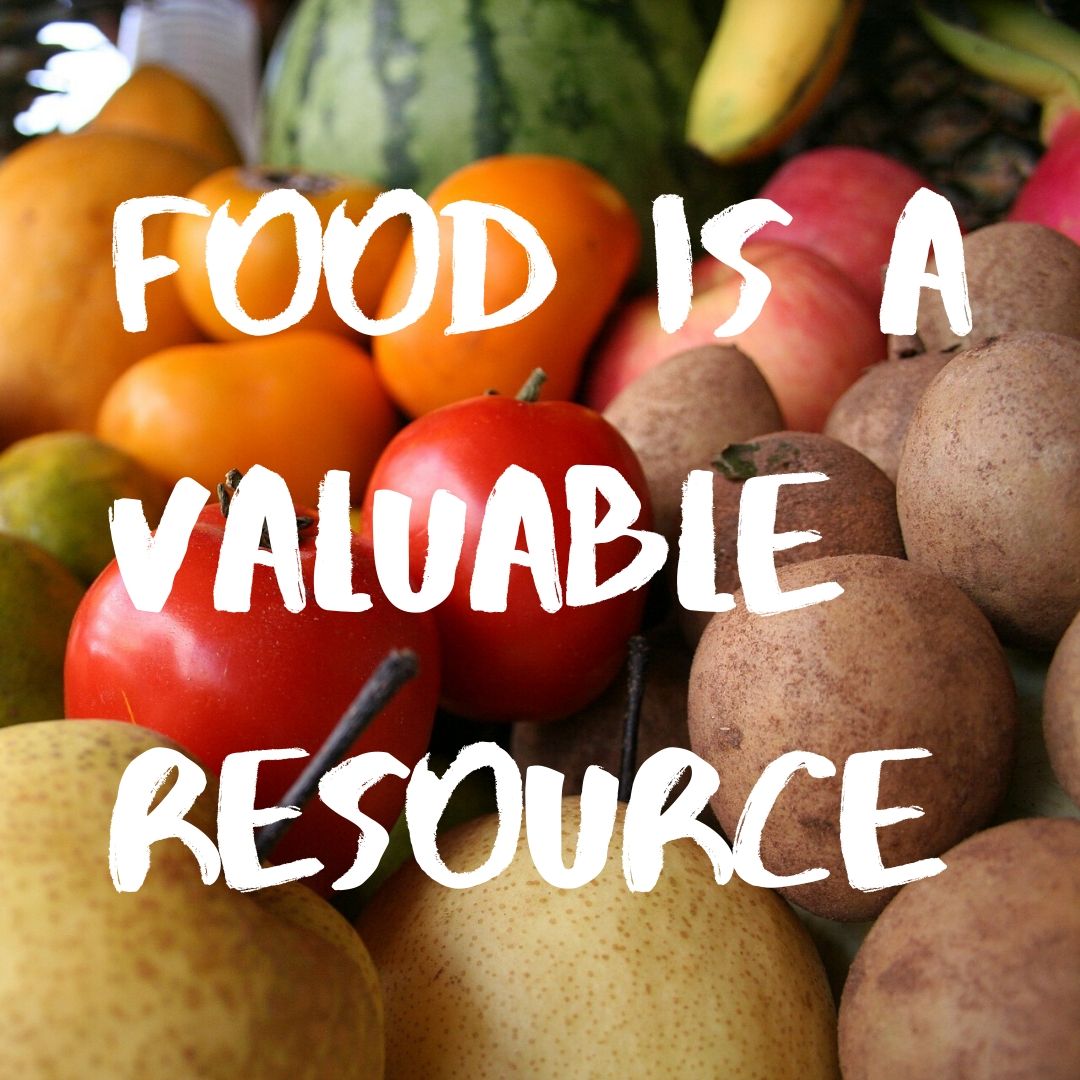
One-in-six Washingtonians (1.15 million people) are hungry and unsure where their next meal will come from – an unacceptable reality in a state that boasts the fastest growing economy in the nation and throws away over 370,000 tons of edible food a year.
We are working on a plan to reduce food waste in Washington by 50%, and we would like your help. The public has until May 29 to provide ideas on how to prevent food waste. Whether you have a suggestion on how we can improve our food donation systems or know of a great food waste prevention app, we would like to hear from you! Please comment today.
Why is preventing food waste important?
Food waste is a social, environmental, and economic issue that affects all Washingtonians. While our main goal is to make sure that everyone has access to affordable and adequate nutrition, reducing food waste saves money, reduces greenhouse gas emissions, and conserves energy and other resources needed to grow the wasted food.
For example, recent statistics agree that American families throw away 25% of the food they buy. That waste costs each family on average about $2,000 a year. Preventing your food waste will mean more money for you and a healthier environment for all of us.
What is the goal of the plan?
The goal of this plan is to achieve a 50% reduction in food waste in Washington by 2030, based on disposal numbers from 2015. The Department of Ecology is partnering with the departments of Health, Agriculture, and the Office of Superintendent of Public Instruction to draft the state’s food waste reduction plan. The Food Waste Reduction Act includes six requirements:
- Recommend regulations that support safe food donations
- Stable funding for food waste reduction efforts and food waste management
- Technical support for organizations working in food waste recovery and prevention
- Help develop K–12 food waste reduction programs
- Facilitate safe food donations from restaurants and food markets
- Recommend best management practices for local governments to incorporate into their local solid waste management plans
A draft plan will be available for public comment this spring. A final plan is due to the Washington Legislature by Oct. 1, 2020. More information is available on our webpage.

